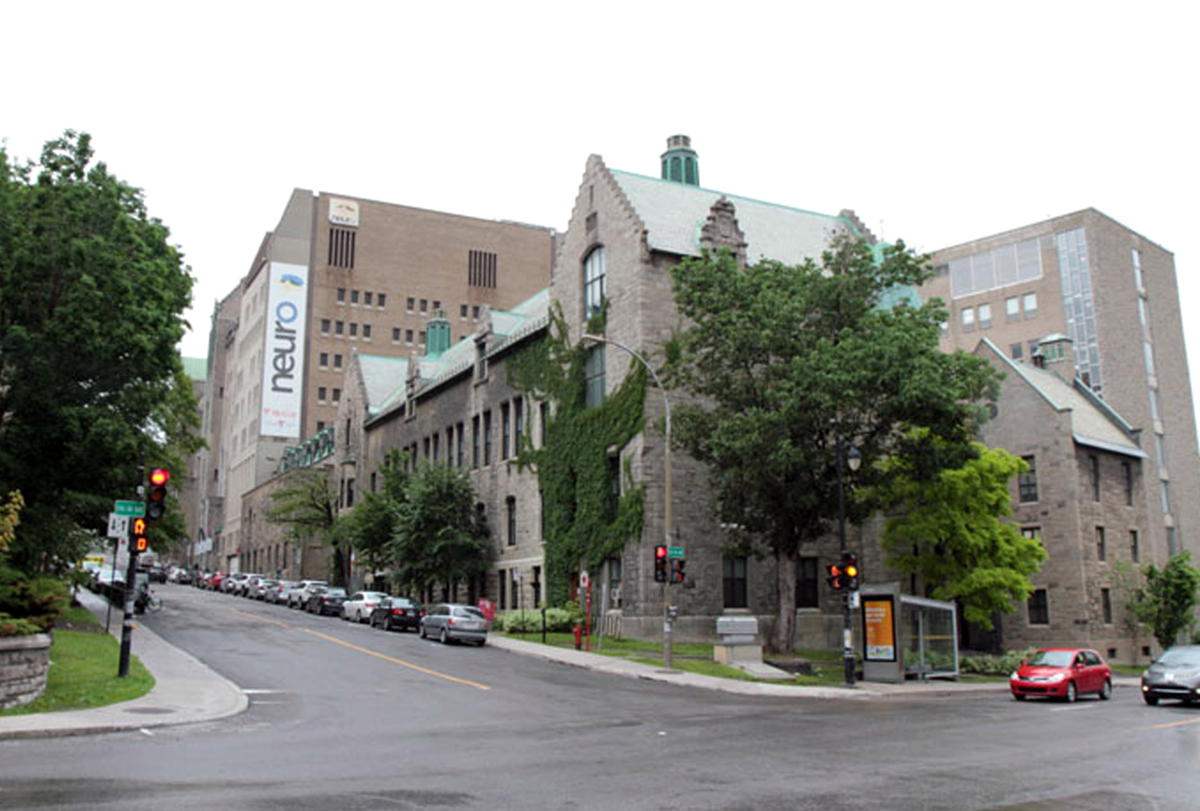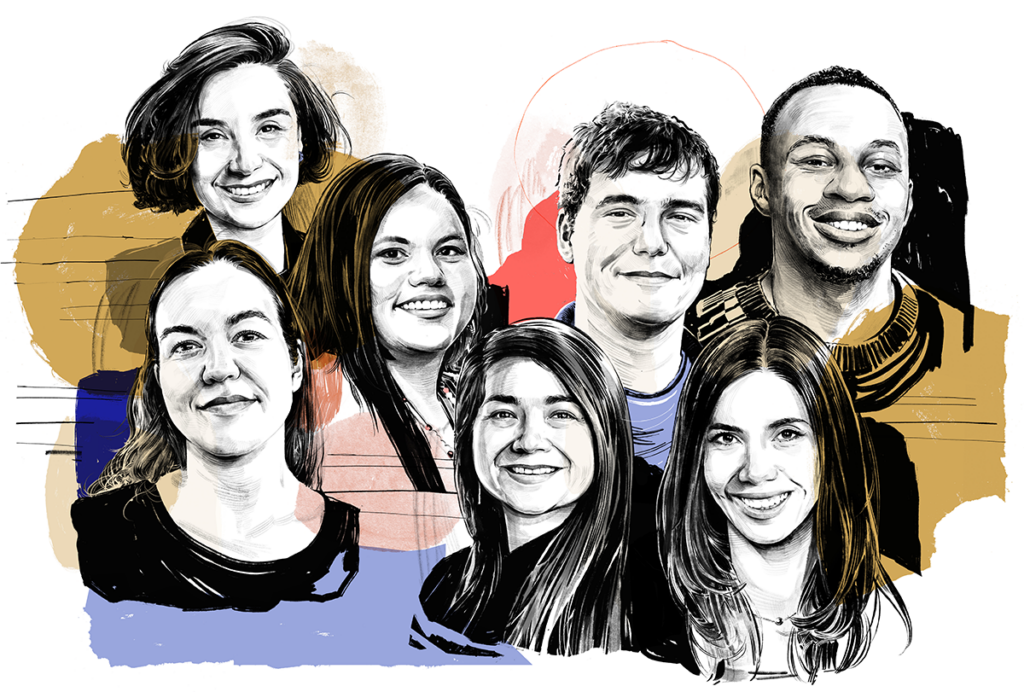Most members of an inclusivity committee at a neuroscience institute at McGill University have resigned from the group in protest a week after the institute announced that a staff member dedicated to their efforts would not have her contract renewed.
Committee co-chair Kaija Sander cited “the lack of support, transparency and commitment from the institution” in an email announcing the group’s dissolution that she sent to the rest of the committee on Monday and shared with The Transmitter.
The dissolution of the committee comes the week after the public announcement of the termination of a staff position dedicated to equity, diversity and inclusion (EDI), effective 30 April, at a town hall meeting for members of the Montreal Neurological Institute-Hospital (the Neuro).
Guy Rouleau, director of the Neuro, cited financial issues as the reason for ending the position, according to committee member Nathan Spreng, professor of neurology and neurosurgery. Both of the Neuro’s umbrella organizations, McGill University and McGill University Health Centre, are under a hiring freeze that began in December.
The committee resignations of eight members, including Sander and Spreng, came as a surprise to Rouleau, who wrote in an email to The Transmitter that he was not contacted by the committee before the resignations and learned of the resignations through “informal channels” on Tuesday.
“Despite the recent challenges, I want to assure you and the entire Neuro community that our commitment to EDI remains unwavering,” Rouleau wrote.
T
he Neuro created the committee in August 2021, in response to an October 2020 petition signed by 290 faculty, staff, students and alumni of McGill and concerned citizens that requested the university make EDI a priority following the protests for the Black Lives Matter movement and Joyce Echaquan, an Atikamekw woman who died in a hospital unrelated to McGill in Quebec in September 2020.The petition was “motivated by the lack of a concerted effort to enhance representation and inclusion within the institute,” where “marginalised groups are under-represented at the Faculty level, and are subject to exclusionary practices in the form of microaggressions and harassment in academic and clinical settings,” according to the petition. The committee included faculty, medical staff, students, postdoctoral researchers and administrative staff.
Committee members quickly realized that the task of improving EDI at the Neuro was too big for a group of volunteers, says founding committee member Heidi McBride, professor of neurology and neurosurgery. Institute leadership agreed to create a staff position, which Charlotte Biché assumed in January 2023. Biché says an internal institutional website described her position as “admin fixed-term” but listed no end date.
Her job would be to “build and monitor the implementation of a 5-year Neuro’s Equity, Diversity and Inclusion Action Plan,” according to a job description provided to Biché and shared with The Transmitter. She would also “identify the evolving Equity, Diversity and Inclusion needs,” “become the de facto go-to person for all Equity, Diversity and Inclusion related matters,” and “communicate progress against goals with the Neuro community every year,” among other tasks, the job description states.
“I didn’t ever have the feeling at the time that it was, like, a one-year position,” says founding committee co-chair Adrien Peyrache, assistant professor of neurology and neurosurgery. Peyrache stepped down from the committee in September 2023 when he began a year-long sabbatical.
Biché says she spent the majority of 2023 surveying EDI needs through focus groups and writing a 40- to 50-point action plan, which was first presented to leadership in October. Nearly all of the action plan items charge the EDI officer with implementing them in primary or support roles, Biché says.
Biché says that she learned in December that her position would not extend for another year. In January, she says, she was given a termination date of 30 April.
N
ews of the ending of Biché’s position came as a shock, say committee members McBride, Spreng and Sander, a research associate at McGill. Sander says she joined the committee in September 2023 and became co-chair in January under the impression that in this role she would primarily advise Biché and volunteer with certain activities. “We can imagine that everything Charlotte did and was paid to do we are now expected to do for free in our spare time,” Sander says.Rouleau wrote that the Neuro’s “approach to the EDI roll-out will be collaborative and inclusive” and will engage “key stakeholders from both institutions, including McGill EDI and HR, as well as MUHC Management/HR.” Rouleau says he met with one of the committee co-chairs this week and that both “expressed a strong desire to move forward with our EDI efforts at The Neuro.” Siva Moonsamy, Sander’s co-chair and nurse manager of the intensive care unit at the Neuro, declined to comment on the record for this story.
The EDI action plan may be adjusted or modified to include recommendations from McGill or the McGill University Health Centre, wrote Damien Chalaud, director of communications at the Neuro, in an email to The Transmitter.
Lan Xiong, associate professor of neurology and neurosurgery, says the EDI committee is active at the Neuro, but she says she was not aware of the changes occurring in the committee or the staff position. Xiong says she recently attended a seminar organized by the committee on health care for Indigenous people, a population that she researches. The inclusive atmosphere of the Neuro, Xiong says, is one of the attributes that attracted her to the job in 2018.
“Hopefully, you know, someone or the administration could rebuild or reorganize things to everybody’s satisfaction,” Xiong says.






